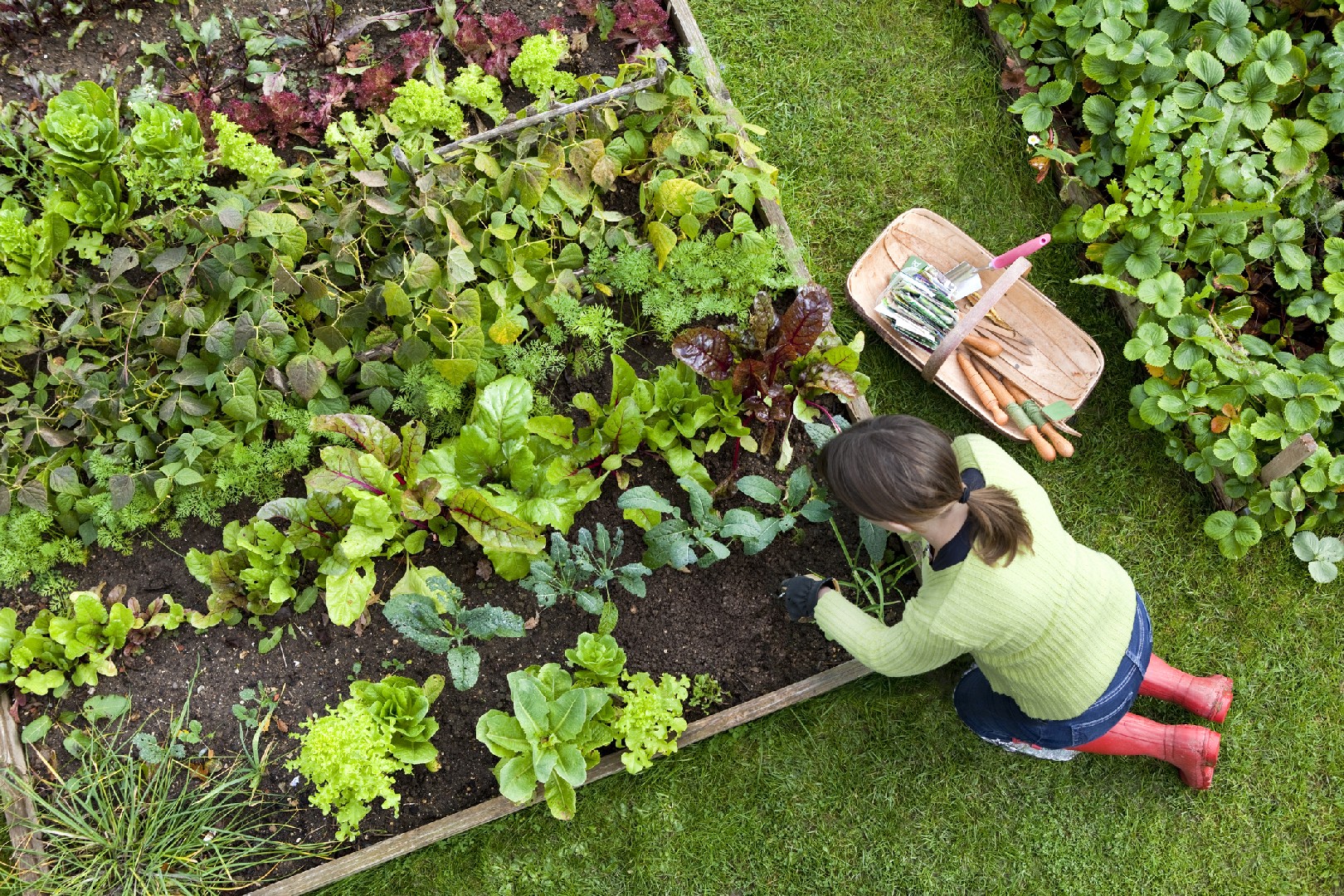![Rectangle]()
Natural Fertilization: Nourishing Your Edibles Sustainably
When it comes to cultivating pesticide-free edibles, fertilization plays a crucial role. It provides the necessary nutrients for plant growth and helps to maintain the overall health of your container garden. However, using chemical-based fertilizers can have negative impacts on both the environment and your health. That's why it's important to explore organic alternatives for nourishing your plants sustainably.
Organic fertilizers offer a safer and more environmentally friendly option compared to their chemical counterparts. They are made from natural sources, such as animal manure, compost, and plant residues. These organic materials enrich the soil with essential nutrients, micronutrients, and beneficial microorganisms, promoting the growth of healthy and robust plants.
One effective organic fertilizer option is compost. Composting is a simple process that converts kitchen scraps, yard waste, and other organic materials into nutrient-rich humus. You can easily create your own compost pile using a compost bin or a designated compost area in your garden. Not only does compost provide valuable nutrients to your edible plants, but it also improves soil structure, helps retain moisture, and reduces the risk of diseases.
In addition to compost, other natural fertilizers can be used in your container garden. Fish emulsion, for example, is a liquid fertilizer made from the byproducts of fish processing. It is packed with essential nutrients like nitrogen, phosphorus, and potassium. Another option is seaweed extract, which contains trace elements that are beneficial for plant growth. Both of these organic fertilizers can be diluted and applied to your container garden according to the instructions on the packaging.
To ensure proper fertilization and prevent nutrient imbalances, it's crucial to follow a few strategies when applying and managing fertilizers in your container garden. First, always read and follow the instructions provided by the organic fertilizer manufacturer. Each type of fertilizer may have specific guidelines for application rates, frequency, and timing. Second, consider conducting a soil test to determine the nutrient levels and pH of your container garden soil. This information will help you choose the appropriate type and quantity of organic fertilizer for your plants' specific needs. Finally, when applying organic fertilizers, avoid over-fertilizing, as it can lead to nutrient leaching and harm your plants. Remember, a little goes a long way!
By embracing natural fertilization methods and using organic alternatives, you can nourish your edibles sustainably and enjoy the benefits of pesticide-free homegrown produce. Not only will you be protecting your health and the environment, but you'll also have the satisfaction of knowing that you are growing your food in a responsible and eco-friendly manner. So, get started with composting, explore organic fertilizer options, and watch your container garden thrive with healthy, thriving plants that provide you with bountiful harvests. Happy gardening!





